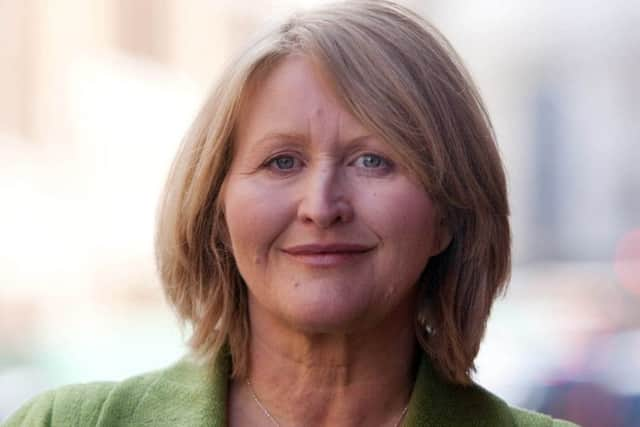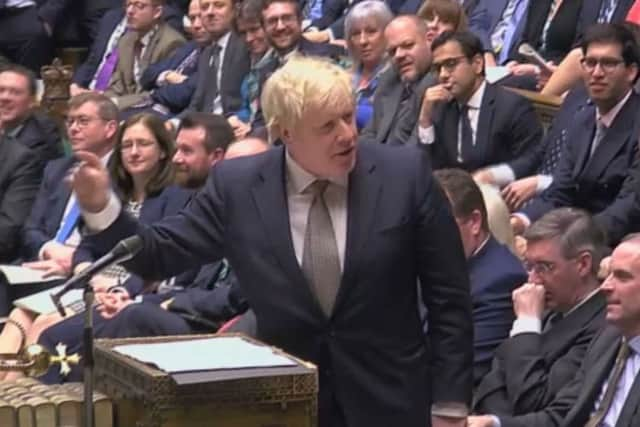Our schools will need more than “scraps” to drive forward Northern Powerhouse, Boris Johnson warned


Anne Longfield, who comes from Otley, says the region’s schools – and teachers – now need the same funding “rocket-boosters” that the capital has enjoyed over the past two decades.
Claiming that “some schools in the North are still fighting for scraps”, Ms Longfield says a defining test of Boris Johnson’s commitment to the region, and working class families who backed him at last week’s election, will be the Government’s ability to “tear down the barriers that have held back too many Northern kids”.
Advertisement
Hide AdAdvertisement
Hide Ad

Last night, the Government said that closing the North-South attainment gap was integral to its “social justice” agenda.
But Ms Longfield, writing in The Yorkshire Post, warns today: “Politicians should never forget that one day those children will be adults with a vote.
“They will judge whether the promises that were made to improve the North was all just election hot air, or whether it is their generation that finally benefits from the promise of the Northern Powerhouse.”
Advertisement
Hide AdAdvertisement
Hide Ad

Ms Longfield says there is a clear case for extra money for under-performing schools; special incentives to persuade the very best teachers to relocate here and extra tutoring for those children struggling with literacy and numeracy from an early age.
These, she says, are all measures which transformed the performance of London’s schools in the early 2000. “Closing the North-South divide has to mean closing the attainment gap between the richest parts of the country and the poorest Northern regions,” she adds.
“No child in a mainstream school should be leaving with next to no qualifications after 15 years of education. Every child growing up in the North deserves the same chances as child in London or the South East.
Advertisement
Hide AdAdvertisement
Hide Ad“Spending billions on infrastructure schemes that create jobs for a few years and then returning to normal just won’t be enough. We need systemic, long term change that gives every child growing up in the North a chance to do well.”
Investment in education is a key element of the Power Up The North campaign which The Yorkshire Post launched this summer with over 30 newspapers.
Ms Longfield’s intervention comes after the Government’s new legislative programme only made passing reference to education. “To ensure every child has access to a high-quality education my Ministers will increase levels of funding per pupil in every school,” it said.
Labour leader Jeremy Corbyn complained that the Queen’s Speech was “miserably weak” on education before Mr Johnson promised to “work flat out” to deliver “a new golden age”.
Advertisement
Hide AdAdvertisement
Hide Ad‘Social justice’ will be top priority, says Department for Education
“SIMPLE social justice” demands action to narrow the attainment gap, the Government admitted last night.
In a response to the Children’s Commissioner, a Department for Education spokesperson told this newspaper: “Talent is evenly distributed throughout the country, but we know that in many cases opportunity is not.
“Now is the time to close that gap – not just because it makes such obvious economic sense, but for the sake of simple social justice. Every child, in every part of the country, should have a fair chance. That’s why we are investing a total of £14bn more for schools over the next three years.”
She added that extra money was also being awarded to Opportunity Area programmes.